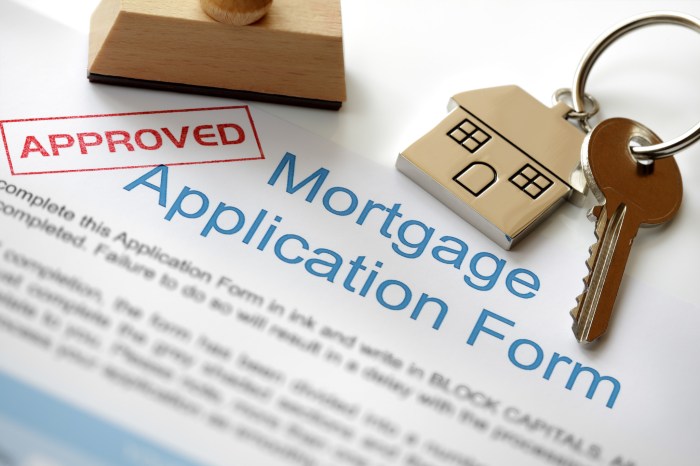Banks claim on a property crossword – Embark on a comprehensive journey into the intricacies of banks’ claims on properties through the lens of a crossword puzzle. This engaging exploration unravels the complexities of legal implications, property rights, and potential consequences, providing a clear understanding of this crucial topic.
As you navigate through the crossword’s squares, you’ll uncover the different types of claims banks can assert, the processes involved in establishing these claims, and the legal protections available to property owners. Get ready to expand your knowledge and become an expert in banks’ claims on properties.
Banks’ Claim on a Property: Definition and Explanation

A bank’s claim on a property refers to the legal right of a bank to secure repayment of a loan or other debt by taking possession of the property if the borrower defaults.
This claim is typically established through a mortgage or deed of trust, which creates a lien on the property. The lien gives the bank the right to foreclose on the property and sell it to satisfy the debt.
Types of Banks’ Claims on Properties

Mortgage
- A mortgage is a loan secured by real estate.
- The borrower grants the lender a lien on the property as collateral for the loan.
- If the borrower defaults on the loan, the lender can foreclose on the property and sell it to satisfy the debt.
Deed of Trust
- A deed of trust is a legal instrument that transfers the title of a property to a trustee.
- The trustee holds the title in trust for the lender and the borrower.
- If the borrower defaults on the loan, the trustee can foreclose on the property and sell it to satisfy the debt.
Other Liens
- Banks may also have a claim on a property through other types of liens, such as mechanic’s liens, judgment liens, and tax liens.
- These liens give the bank the right to foreclose on the property and sell it to satisfy the debt.
Process of Establishing a Bank’s Claim on a Property: Banks Claim On A Property Crossword

The process of establishing a bank’s claim on a property typically involves the following steps:
- The borrower applies for a loan from the bank.
- The bank approves the loan and the borrower signs a mortgage or deed of trust.
- The mortgage or deed of trust is recorded in the county recorder’s office.
- The recording of the mortgage or deed of trust creates a lien on the property.
Consequences of a Bank’s Claim on a Property
Impact on Property Value
A bank’s claim on a property can have a negative impact on the property’s value.
Potential buyers may be hesitant to purchase a property that has a lien on it, as they may be concerned about the possibility of foreclosure.
Impact on Marketability
A bank’s claim on a property can also make it more difficult to sell the property.
Potential buyers may be reluctant to purchase a property that has a lien on it, as they may have to pay off the lien before they can take ownership of the property.
Impact on Use
A bank’s claim on a property can also restrict the owner’s use of the property.
For example, the bank may require the owner to obtain the bank’s permission before making any major changes to the property.
Legal Protections for Property Owners Against Banks’ Claims
Right to Redemption
The right to redemption gives property owners the right to redeem their property after a foreclosure sale.
This right allows property owners to regain ownership of their property by paying off the debt that led to the foreclosure.
Right to Reinstatement
The right to reinstatement gives property owners the right to reinstate their loan after a default.
This right allows property owners to avoid foreclosure by bringing their loan current.
Other Protections, Banks claim on a property crossword
There are a number of other legal protections available to property owners against banks’ claims, including:
- The Fair Debt Collection Practices Act
- The Truth in Lending Act
- The Real Estate Settlement Procedures Act
Top FAQs
What is a bank’s claim on a property?
A bank’s claim on a property is a legal interest that gives the bank the right to take possession of the property if the borrower defaults on their loan.
What are the different types of banks’ claims on properties?
The most common types of banks’ claims on properties are mortgages and liens.
How can I protect myself from a bank’s claim on my property?
The best way to protect yourself from a bank’s claim on your property is to make sure that you make your mortgage payments on time and in full.